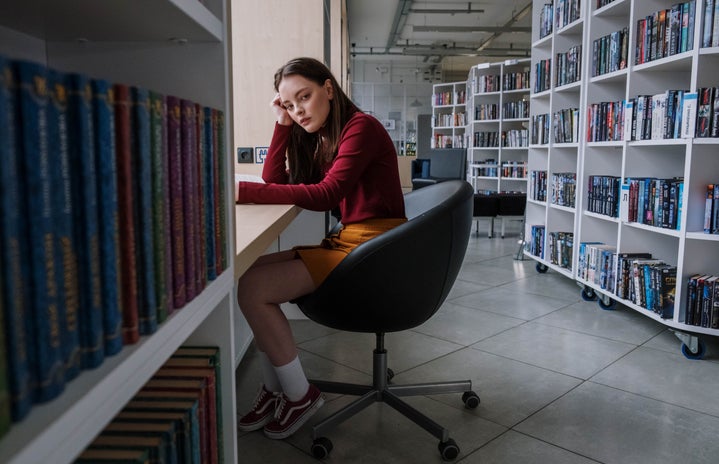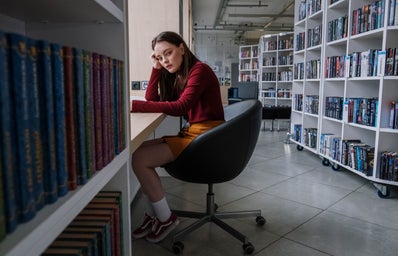It’s summer again. There’s rain, coffee and, more importantly, I’m free from school. It sounds like the perfect time to try and dust off my manuscripts and keep my novels going. I sit by my desk and it seems like anything can go wrong. I’m actually writing and the story is actually flowing. Then I have to describe a place or a new character and I’m blocked. Nothing comes to mind, not a single stroke of an image. The thing is, I have aphantasia (aka “no imagination”).
But what’s aphantasia? Well, it comes from the Greek “a” (without) and “phantasia” (imagination). People who have aphantasia can’t voluntarily create mental images or if they can, they are extremely limited. There’s not much information about this condition. No, like really. It was barely named in 2015 by Adam Zeman. Now you get me. It’s kind of very tedious to not be able to imagine anything when you have a whole novel to finish. My memories and ideas are mostly based on facts, so I can’t really remember or produce visual details. To be visually limited (in my case, I can’t produce any image at all except when I dream) can be really difficult to do the “show, don’t tell” style in writing. Ironically, until recently, I thought that everybody couldn’t visualize images as well. There’s not a known cure or treatment for aphantasia and I don’t think there will be for a long time since it doesn’t affect daily life except for specific situations — like being an artist or any kind of creative professional.

Being unable to image can be pretty frustrating when you’re a creative person and especially when almost no one can relate. But hey, if Glen Keane made it, you can too.


